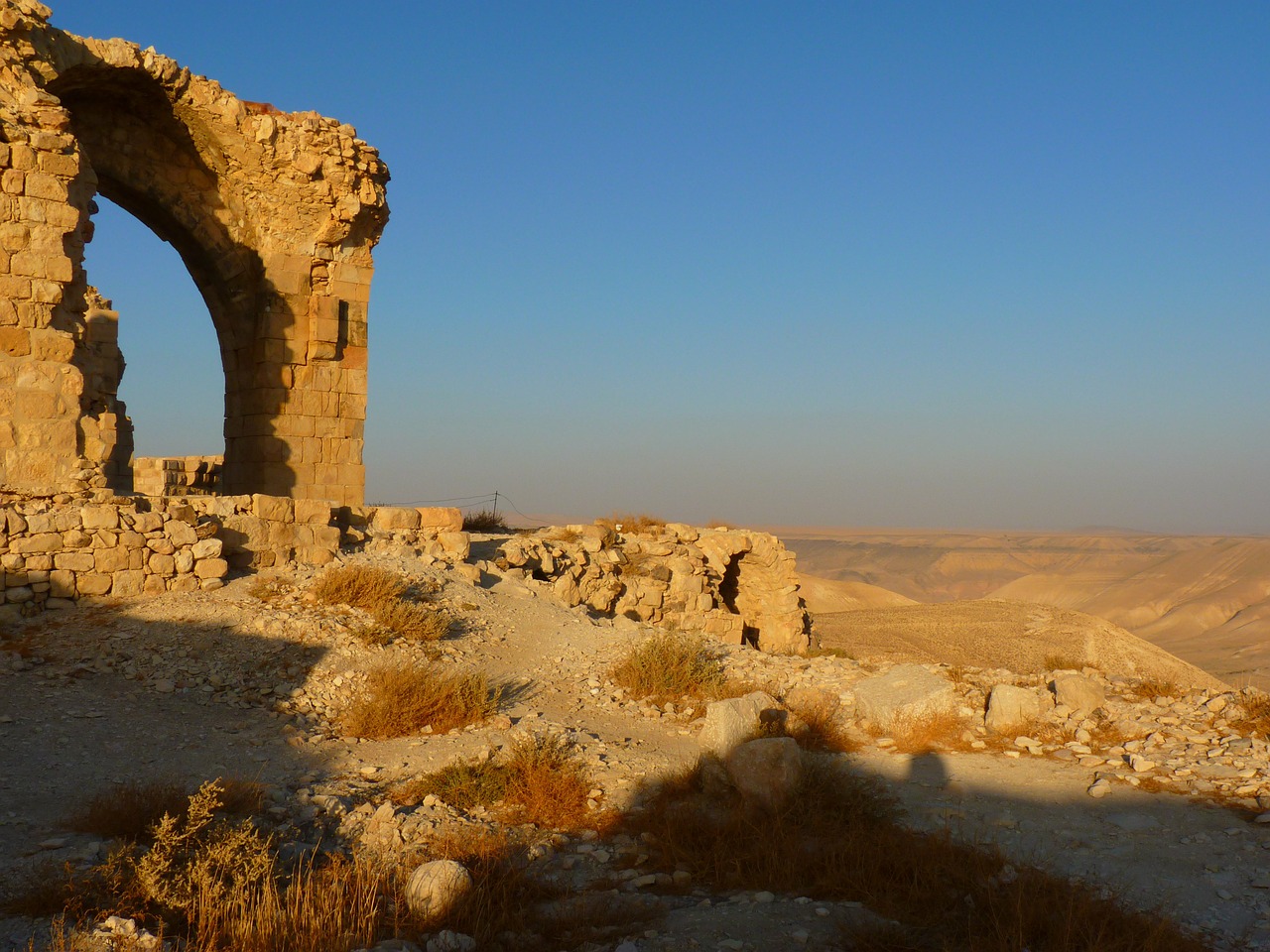
Every time I see my sheikh’s wife or another of the sheikha’s in the Zawiya, I kiss their hand. A strange thing for an American like myself to do but I do it. At first out of following, everyone else is doing it, and later out of honor and respect. I’d only see the practice done once before. A little black girl, the daughter of my fiqh teacher at the time, kissed my hand when she greeted me. It was a practice I assumed she picked up in Turkey, where she spent some of her young life. It was honestly one of the cutest and most noble things I’ve seen a child do. I had the same experience on my last visit to my sister in Qatar when two children of her friend did the same. It certainly beats the kid who “shy” and barely greets you from behind their mom’s dress, if they greet you at all.
Sometimes when I kiss the hand of a shaykha I think three things that give me uncertainty -one, I hope I’m not annoying her, two, I hope my Chapstick or whatever ever doesn’t get on her hands (or God forbid spit!) and three, what about germs?
We live in a microscopic world, where we believe in and fear things we cannot see. Of course, this is called science. To be honest, though I occasionally have a germ fear (me to her not the other way around). There is something much more prominent and also invisible that I think we all long for when we go to kiss a noble persons’ hand -Baraka. I have an inside joke that goes “Baraka is real”. It’s such an inside joke I’m probably the only one who gets it.
At Umrah, the umrah I made two years past, many things were different in Mecca then when my father went for hajj twenty years prior. One thing is that when you get your zam zam water it comes from a fountain and next to that fountain is a slew of plastic cups. When my father went years ago, there was one cup (or maybe a few) and everyone had to share. It may seem like a great improvement that we no longer have to wait in line to use the only available cup, it may decrease the passing of “germs” from one person to another but does it also decrease the passing of baraka?
Places, people, objects can all have baraka, blessings. The fact that safa and marwa are now trapped in a building and we can no longer walk the exact steps of Sayyidatuna Hajar, means we can no longer gain the blessings of those footsteps. Some Muslims worry or flat out think its forbidden to celebrate the prophets’ birthday, it’s too much, they say. I’m not sure if these kinds of people understand the reality of baraka. The day Monday is a blessed day simply because he was born. The shoes he wore, the clothes he wore, the place he was raised in all have baraka, because baraka is real. The grave of Khadija was uprooted and toilets were built over it. This is the kind of behavior of people who don’t understand baraka. The graves of the Sahaba and the saints are Mubarak (blessed) places. In the time of the prophet people literally kept locks of his hair and the sweat of his body. These things were Mubarak, and those people hoped to gain something of that blessing by owning something that once belonged to the beloved. That single cup of all the hujjaj, the saints and the forgiven sinners alike contained baraka. The plastic germ-free sterilized (wasteful) cup does not. It may be germ-free but it may also be baraka free. So I kiss the hands of noblewomen in hopes that I will gain some of the blessings that her hand, the one that made dhikr and stayed on the path of Tasawwuf consistently, is filled with. Maybe, just maybe, some of the baraka will stick with me.





Recent Comments